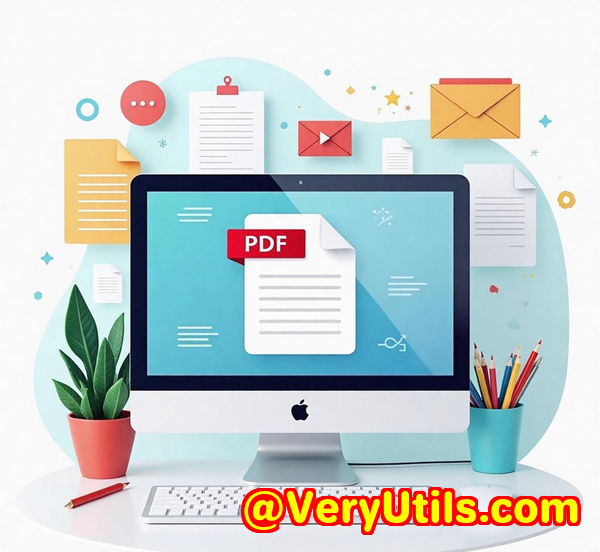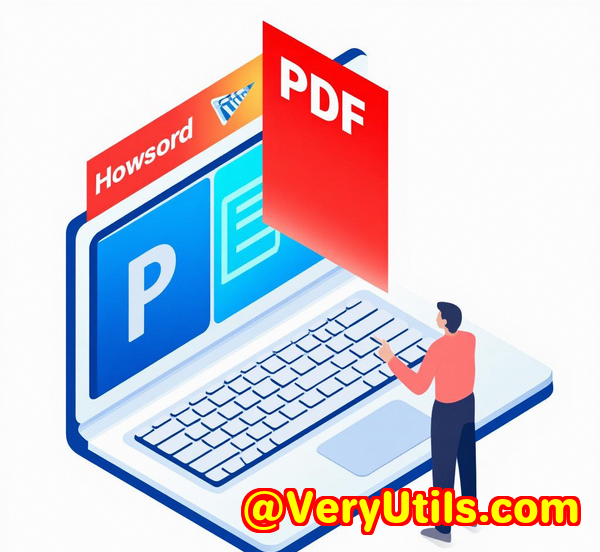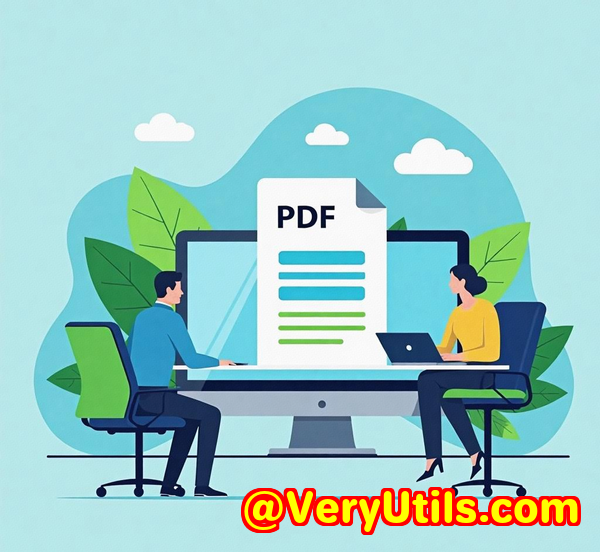SPLParser for Developers Build Custom Batch Conversion and Metadata Extraction Workflows
SPLParser for Developers: Build Custom Batch Conversion and Metadata Extraction Workflows
Every day, developers and IT teams wrestle with mountains of print spool files PDFs, PCLs, PostScript, and SPL files all piled up from various sources. Trying to manually sift through these files to extract useful data or convert them into handy formats is a nightmare. Trust me, I've been there, wasting hours just to get a glimpse of what's inside without breaking the bank or losing quality.
That's when I stumbled upon VeryPDF SPLParser Command Line and SDK for Developers. This tool has been a game changer for me, especially when building custom batch workflows to automate document processing. If you deal with print job files or need to extract metadata and convert files regularly, this one's worth your time.

What Is VeryPDF SPLParser and Who Is It For?
At its core, SPLParser is a command-line utility and SDK designed to parse print spool files that's your PDFs, PCLs, PostScript, and SPL files straight from the terminal or integrated into your apps. It's built specifically for developers and IT pros who want to automate complex workflows around print job conversion, metadata extraction, and document analysis.
Think of it as a Swiss Army knife for handling printer spool files in batch, at scale.
-
Developers building custom document management solutions.
-
IT teams managing print servers and large print job archives.
-
Businesses needing to extract metadata from print jobs automatically.
-
Anyone wanting to convert specific pages of PCL or PostScript files into images for quick previews.
I use it in scenarios where hundreds or thousands of print spool files need to be converted or analyzed daily without manual intervention. The royalty-free SDK means I can embed this functionality directly into our backend systems or client software.
Why SPLParser Stands Out: Key Features I Rely On
1. Multi-format Parsing: PDF, PS, PCL, SPL All in One Place
SPLParser handles a mix of print spool formats seamlessly. Whether I'm dealing with a PDF report, a PCL print job, or a PostScript file, one tool parses all. This versatility saved me from juggling multiple converters.
For example, a recent project required extracting job names and page count info from hundreds of mixed-format print jobs. SPLParser's -info option let me batch extract this metadata quickly.
2. Selective Page Conversion for Quick Previews
Not every workflow needs to convert entire documents. Sometimes, I just want the first page preview.
With SPLParser, I can specify:
This converts only the first page to a PNG image at my chosen DPI. The speed is impressive no waiting around for full document conversions. This feature is perfect for generating thumbnails or preview images to speed up document review processes.
3. Batch Metadata Extraction and Document Property Updates
One of the cooler features I use is updating print job properties like job name, duplex mode, copies, and resolution in PCL and PostScript files directly from the command line.
Imagine receiving a batch of print jobs where job names aren't standardized or duplex settings need toggling. SPLParser lets me:
This automatically updates the print properties inside the file without reprinting or regenerating the entire document.
4. Page-by-Page Color and Size Analysis
When dealing with huge print jobs, it's useful to know the color usage per page or paper size.
SPLParser's debug info includes details like:
-
Paper size (width and height)
-
Image size
-
Whether the page is color or monochrome
This insight helps in planning print costs or adjusting workflows to save ink or paper.
How I Used SPLParser in Real Workflows
Let me give you a real-world example.
At a previous job, we had thousands of legacy PCL print spool files archived on a server. The challenge was to migrate these to PDFs and extract metadata for indexing.
Before SPLParser, we tried piecemeal tools some converted PDFs fine but stumbled on PCL; others extracted metadata poorly or required manual steps.
With SPLParser:
-
I automated a nightly batch job to scan folders.
-
Extracted metadata such as job names, duplex, copies.
-
Converted first pages to PNG for preview thumbnails.
-
Updated print properties on the fly when needed.
This automation saved the team at least 4 hours daily, reduced errors, and provided consistent outputs.
Comparing SPLParser with Other Tools
Other tools I tried had limitations:
-
Limited format support: Some converted PDFs but ignored PCL or PS files.
-
Manual workflows: Required lots of manual setup or GUI interaction.
-
Licensing headaches: Many required expensive per-seat licenses.
SPLParser's command-line approach with royalty-free SDK access was a breath of fresh air. Plus, it handled all print formats consistently and gave me full control through scripting.
Why You Should Consider VeryPDF SPLParser
If you're building custom batch conversion workflows or need to automate metadata extraction from print spool files, SPLParser should be on your radar.
It solves practical problems:
-
Parsing multiple spool formats in one tool.
-
Converting specific pages quickly.
-
Updating print properties in batch.
-
Extracting rich metadata for indexing or processing.
-
Saving time with automation and scripting.
I'd highly recommend SPLParser to developers and IT teams who deal with large print job volumes or want to build custom print file processing pipelines.
Try it yourself and see how it streamlines your workflow: https://www.verypdf.com/
VeryPDF Custom Development Services
If you have specific or complex requirements beyond the default SPLParser features, VeryPDF offers custom development services.
They build tailored solutions across platforms like Linux, macOS, Windows, iOS, Android, and cloud environments.
Their expertise includes:
-
Custom command-line utilities and SDKs in C/C++, Python, PHP, .NET, JavaScript.
-
Virtual printer drivers that create PDFs, EMF, TIFF, and more.
-
Print job capturing and monitoring tools.
-
Document format analysis for PDF, PCL, PRN, PostScript.
-
Advanced barcode recognition and OCR technologies.
-
Cloud-based document conversion and digital signature solutions.
-
PDF security, DRM, and font management technologies.
Reach out through their support center to discuss your project: https://support.verypdf.com/
FAQ
Q1: What file formats does SPLParser support?
A1: SPLParser supports PDF, PostScript (PS), PCL (PCL5 and PCL-XL), and SPL print spool files.
Q2: Can SPLParser convert only part of a document?
A2: Yes, you can specify a page range (e.g., first and last page) to convert just a subset, ideal for previews.
Q3: Is it possible to update print job properties inside PCL or PS files?
A3: Yes, SPLParser allows updating job name, duplex/simplex mode, number of copies, and resolution in PCL and PS files.
Q4: Who should use SPLParser?
A4: Developers, IT administrators, and businesses needing automated print spool file conversion and metadata extraction workflows.
Q5: Does VeryPDF offer support for custom development?
A5: Yes, VeryPDF provides custom software development services for various platforms and complex print file processing needs.
Tags / Keywords
-
SPLParser Command Line
-
Batch print job conversion
-
Metadata extraction from PCL
-
Automate print spool file processing
-
Print job properties update tool
SPLParser has transformed how I handle print spool files by making batch conversion and metadata extraction painless. If you're looking for a developer-friendly way to automate print file workflows, give SPLParser a try.



